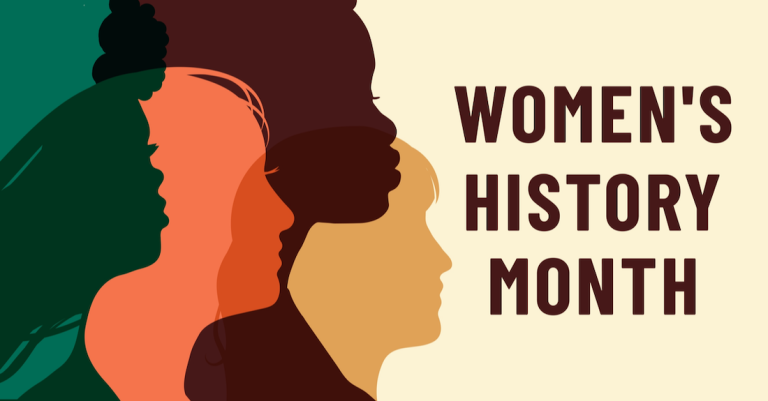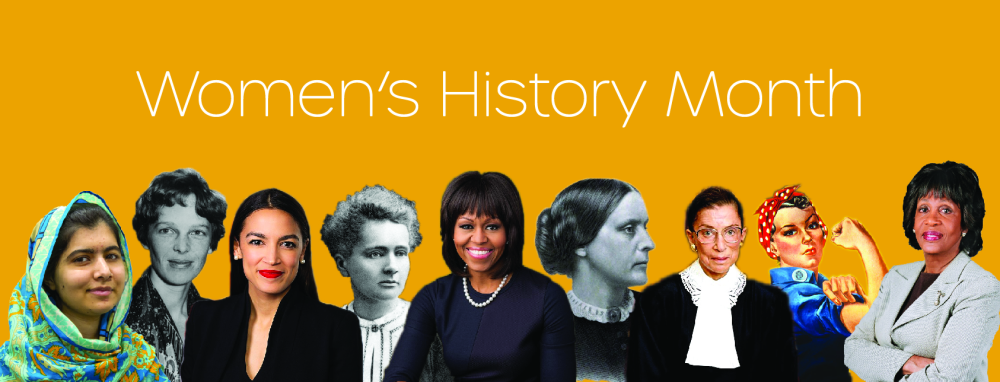
Special Monthly Feature: March

New York, N.Y. — March marks Women’s History Month, a time dedicated to honoring the achievements and contributions of women throughout history.
Officially established in 1987, this month-long observance evolved from grassroots efforts such as the first Women’s History Week in Santa Rosa, California, in 1978.
It serves as a reminder of the transformative roles women have played across fields like science, politics, arts, and activism.
Origins and Evolution – Socialist Suffragists
Women’s History Month has its roots in International Women’s Day, first celebrated on February 28, 1909, by socialist suffragists in Manhattan.
The idea to expand it into a month-long celebration gained traction in the 1970s when educators and activists sought to spotlight women’s historical contributions. In 1980, President Jimmy Carter proclaimed National Women’s History Week, which Congress later extended to the entire month of March in 1987.
Why It Matters
Women’s History Month is more than a commemoration; it is a call to action. It highlights the systemic barriers women have overcome—from suffrage and workplace discrimination to exclusion from education and professional opportunities. The month also underscores the ongoing struggle for gender equity and inclusion. Celebrating women’s achievements inspires future generations while fostering awareness of the challenges that remain.
Intersectionality: Women’s History Across Communities
Women’s history intersects with broader narratives such as LGBTQ+ history, Asian American history, and African American history:

- LGBTQ+ Contributions: Figures like Billie Jean King and Alice Walker exemplify how women have championed both gender and LGBTQ+ rights, breaking barriers in sports, literature, and activism5.
- Asian American Women: From immigrants who fueled family survival through labor to second-generation trailblazers challenging societal norms, Asian American women have significantly shaped their communities while advocating for racial and gender equality6.
- African American Women: Leaders like Ida B. Wells-Barnett fought for suffrage and civil rights, embodying resilience against dual oppressions of race and gender4.
These stories demonstrate that women’s history is inseparable from broader struggles for justice across diverse communities.

Themes and Calls to Action
The theme for Women’s History Month 2025 emphasizes “Equity, Diversity, and Inclusion,” encouraging individuals to eliminate bias and foster an equitable future.
Assistant Secretary Alejandra Castillo underscores this as a moment for collective action—supporting women-owned businesses, mentoring young girls, and advocating for policies that empower women economically.

How to Celebrate Women’s History Month
Organizations can honor this month through initiatives like:
- Hosting educational events about historical milestones.
- Supporting women-led businesses.
- Organizing book clubs featuring works by female authors.
- Recognizing female employees’ contributions at work.
These actions not only celebrate progress but also inspire continued advocacy for equality.
Why Women’s History Month Matters Today
Women’s History Month reminds us that history is incomplete without recognizing women’s contributions. It challenges us to reflect on past inequities while motivating collective efforts toward a fairer society. By honoring trailblazers who fought for suffrage, civil rights, LGBTQ+ inclusion, and racial equity, we acknowledge that their struggles paved the way for progress—and that there is still work to be done.
Celebrating Women’s History Month – Tribute to Progress, Inclusion (March 1, 2025)
